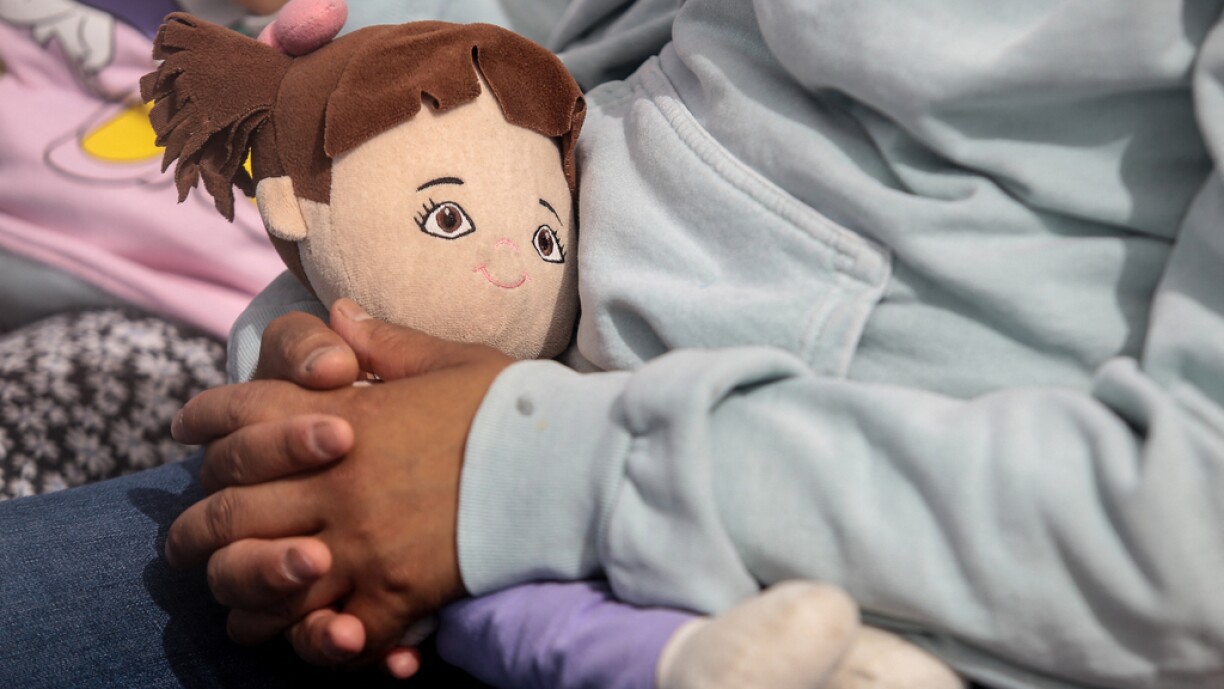
Citing different sources, the Luxembourgish Health Ministry has highlighted growing concerns over national children’s mental health. These studies include hbsc and WHO’s study, “Mental health and well-being of school-aged children in Luxembourg,” the scientific health advisory body’s list of recommendations for health professionals working with those with Autism, and Okaju’s (Ombudsman for Children and Youth) annual report.
This echoes warnings from The Lancet, a scientific journal which this summer reported a sharp decline in the global mental well-being of children and adolescents over the past 20 years, calling for urgent action. National experts, including Dr. Salima Aarab, general secretary of the Luxembourg Society for Psychiatry, Child Psychiatry, and Psychotherapy, have confirmed these alarming trends here in Luxembourg.
Dr. Aarab stated, “The mental well-being of children, adolescents, and young adults has immensely worsened in recent years or decades. Previously, mental disorders affected around 20%, but this has now risen to 30%. There has been a notable increase in depression, anxiety disorders, and eating disorders, particularly among girls.”
The Health Ministry corroborated these findings, emphasising that young girls have faced significant mental health challenges since the pandemic. Data shows that more girls and women are seeking therapy compared to boys and men in 2023.
Dr. Aarab further explained that 75% of mental health issues manifest before the age of 25, and in some cases, they are so severe that they lead to tragic outcomes. These issues can also affect learning and employment, due to the accompanying socio-economic challenges. She warned, “The fact that mental health problems have increased so significantly at such a young age is an extremely alarming sign.”
The National Students’ Conference (CNEL) has also focused heavily on this issue, with Vice President Laly Chivard noting that students are feeling increasingly worse, and the onset of mental health struggles is starting at younger ages. Chivard commented, “We can’t pinpoint if it’s solely due to school, or media consumption, or global events, but there’s a huge pressure that young people struggle to cope with as the future feels uncertain.”
A major issue raised by CNEL is the limited availability of psychological services in schools in the form of the Psychosocial and Scholastic Assistance Centres (SePAS). Although 200 psychologists are employed at Luxembourgish schools, the psychological services provided in schools are struggling to provide care for everyone in need, says Dr. Salima Aarab. The shortage of outpatient care further complicates referrals for additional treatment.
“We are seeing a general increase in requests, both for hospitalisations and outpatient treatments. Many children, adolescents, and young adults are not getting the care they need,” Dr. Aarab noted. When questioned, the Ministry of Health reported that there are no waiting lists for psychotherapeutic treatments at the CHL or the Robert Schuman Hospitals, but data for other psychotherapy and psychiatry services is unavailable.
The root causes of worsening mental health in young people are multifaceted, according to Dr. Aarab. Societal changes, such as smaller family units and parents working more, have left children struggling to form strong relationships. The COVID-19 pandemic as well as digitalisation, have also played a role.
“Today, children have access to a lot of information at a very young age, information they might not be able to process or discuss with an adult, or information that hasn’t been filtered by an adult beforehand,” Dr. Aarab explained.
Another factor is the lack of future prospects. Dr. Salima Aarab notes a certain pessimism among the younger generation, partly due to climate change and ongoing wars and conflicts across the world.
Young people feel unheard, and as Dr. Aarab pointed out, “Young people today do not make up the majority. And children do not have the best lobby. We need to start talking to children and young people more and include them in the democratic process.”
The Lancet report recommends that policymakers address key issues such as the climate crisis, the impact of social media and smartphones, inter-generational injustices, and the housing crisis in order to improve the mental health of young people.
When asked whether all these factors are being considered, the Ministry of Health stated that the negative impact of social media and smartphones is being taken into account in the government’s mental health policies for young people.
The Ministry did not comment on the other points raised by the report.
These discussions are happening just as the fourth edition of Luxembourg’s Mental Health Weeks is coming up from 7 to 20 October. The event, which happens every two years since 2018, focuses on raising awareness about the mental health, and this year it particularly focuses on children and young people.
It’s put on by the Ligue Luxembourgeoise d’Hygiène Mentale (D’Ligue) and its Centre d’Information et de Prévention and consists of different events to increase public consciousness regarding the importance of healthy development from a young age and maintaining balanced mental health throughout one’s life.
Related:
Resources to best support your child’s mental health in Luxembourg
Education ministry launches ‘better screen-life balance’ campaign for children
European School in Kirchberg bans mobile phones for pupils